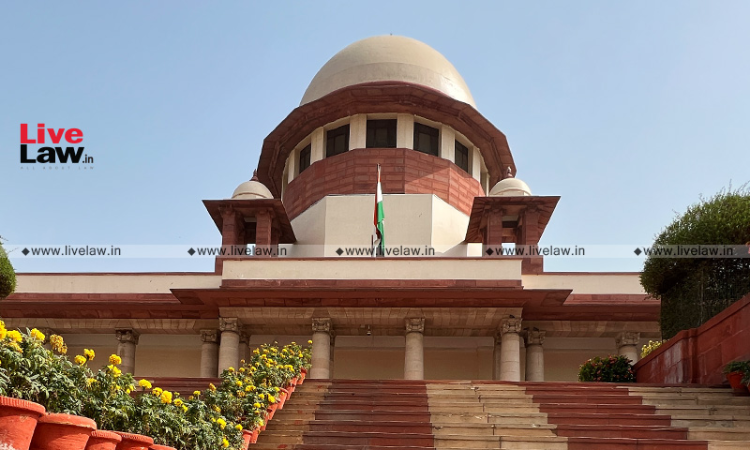Registration Of FIR Mandatory If Information Discloses Cognizable Offence : Supreme Court Reiterates
Suraj Kumar
14 Aug 2023 10:19 AM IST

Next Story
14 Aug 2023 10:19 AM IST
The Supreme Court recently reinforced the obligatory nature of registering First Information Reports (FIRs) under Section 154 of the Code of Criminal Procedure (CrPC) when the police received information pertaining to a cognizable offense.A Bench of Justices Bela M. Trivedi and Justice Dipankar Dutta was hearing an appeal from a Bombay HC decision that refused to entertain a petition to...
